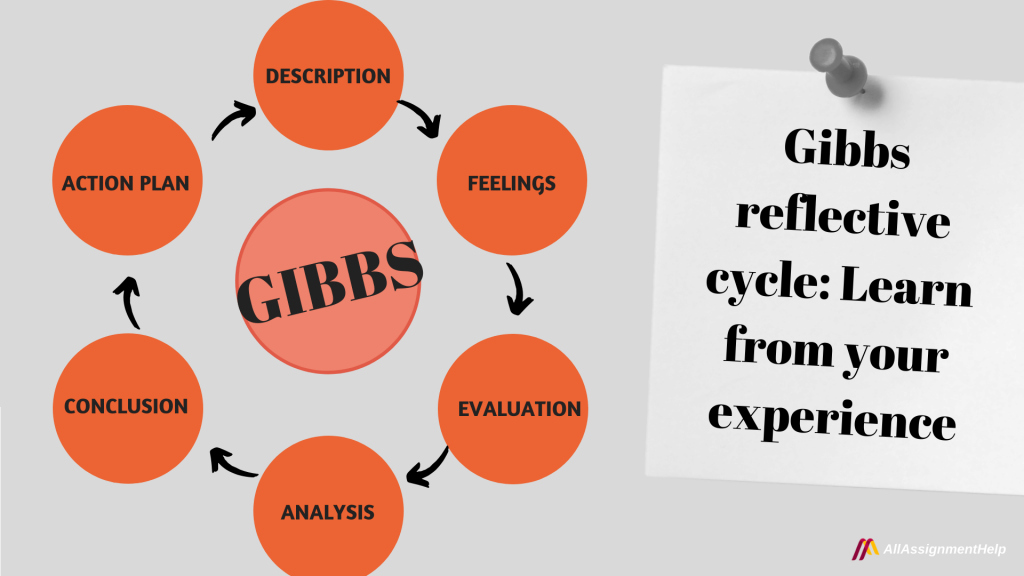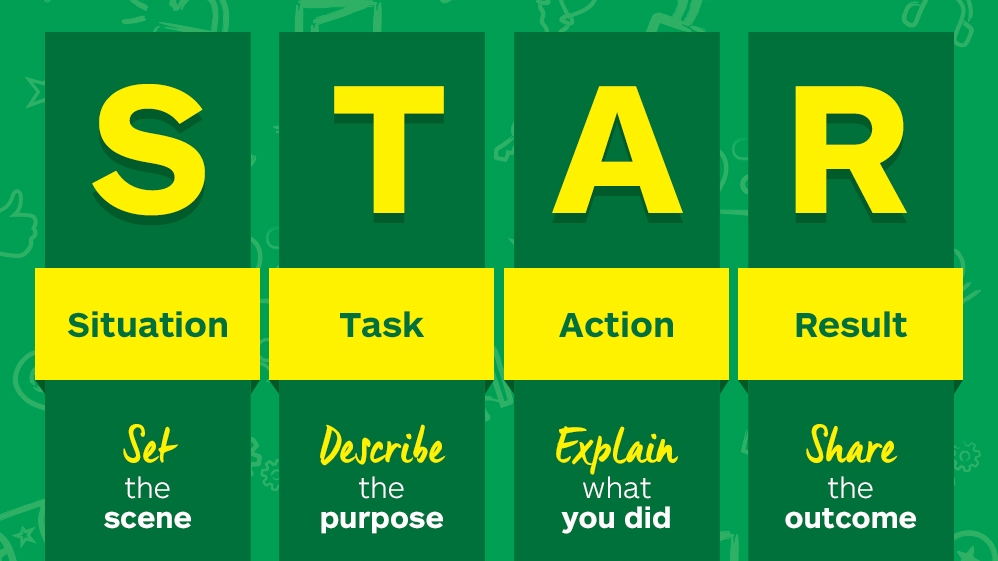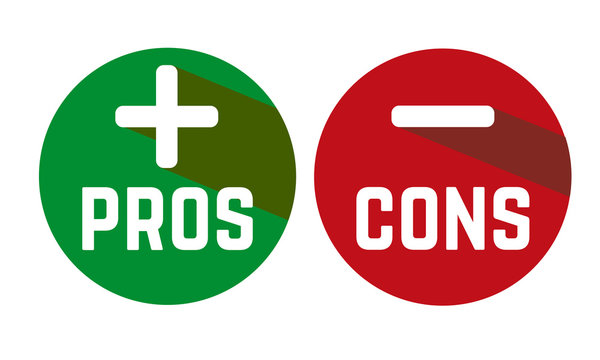A Self-Reflection of a Group Interview Task, Using Gibb’s Reflective Model

“There is a growing interest in the role of writing in learning, and a corresponding interest in finding ways that both teachers and learners can use to incorporate writing more effectively into learning experiences.”
(Boud et al, 52)
Description
Doing well in an interview really can affect the rest of your life. Depending on how well you perform it could be the difference between leaving with or without your dream job, for example. As someone who has completed several interviews and had both positive and negative experiences related to these, I was pleased to hear that the AEL3001 Work-Based Learning class was offering the opportunity to practice mock interviews in small teams with classmates. The simulated interviews comprised both works inside and outside of the interview setting. In my group of five, each of us was to submit a real job application into the group chat we had created, to allow the other members to create interview questions based on the real job applications. Planning and organisation were key to ensuring that this section of the task ran smoothly, as this would make the remainder of the task more efficient. When it came around to the actual interview process each member would take turns to be interviewed by the other four members on their chosen job application, with each interview slot lasting ten minutes and then giving five minutes in between interviews to allow the others to prepare for the next interviewee. The entire process lasted around an hour and each member received a full and thorough simulated interview. There were some issues that we encountered that could have been mitigated with some pre-emptive thinking beforehand; we will delve into this in the following section.

My Feelings
In the runup to this simulated interview task, I was apprehensive and nervous because I usually do not enjoy interviews, and being put in a position to be interviewed by a group of peers I did not know particularly well was daunting, to say the least. These feelings of anxiety grew stronger as the date for the simulated interviews became closer. I also felt stressed and worried because I could not seem to find a current job advertisement for what I am interested in, as I really would have liked to practice something relevant to what I was interested in; that being working with sound for film and TV. Eventually, I was able to find a role that closely enough resembled the role I was interested in.
During the simulated interviews, I was calmer and more collected having gone over typical interview questions in the days leading up to the interview as well as studying the STAR system, which outlines how one could answer certain types of questions:

At points during the interview, I did make several mistakes and could feel myself beginning to get a bit overwhelmed, but looking back at the whole experience now I feel like it was good to know that about myself, and it is now something that I can try and work on in future experiences revolving around interview situations.
Evaluation

What Went Wrong
One small issue did arise out of the major success of the simulated interview experience, and that was the unexpected shortage of prepared questions. At certain points during the interviews, some of the candidates would unexpectedly give too brief or quick answers to our questions, creating a delay or stagger-type effect. This would sometimes leave the panel of interviewers with several minutes to go and no more questions to ask. This happened pretty much during all of the candidate’s interviews and was not thought of before beginning the simulation. The main issue lies in the first instances of this happening, where the team had not experienced how to deal with the problem, meaning that it took more time to think of ways to remedy to issue whilst the interview was still ongoing. This lack of preparation could also explain why some candidates were not so familiar with their chosen companies and struggled with some questions revolving around the reasons for applying to those companies:
“Your preparation should also include finding out as much as you can about your potential employer and noting down anything relevant that you could raise during the interview.”
(McGuire, 574).
What went right
In response to the issue mentioned above, whilst the team did find themselves stunted at the first instance of this use, it created a learning point upon which everyone was able to reference and build before the next interview so that we were more prepared to encounter such a challenge again.
Additionally, the group’s ability to gather information and provide it electronically in a group chat in the pre-planning phase of the task was efficient and allowed everyone in the group to effortlessly create their interview questions. Also, what went wrong went right in a skewed type of way. Even though the whole group would sometimes be thrown by a candidate’ unexpected quick finish answer, we were able to think quickly and create good questions on the spot, not only that would fill up the remaining time, but also encouraging the candidate to think more carefully and give more detailed and articulate responses. This would typically include multiple-part questions or situation-based questions to fill up more time with a single question.
Analysis
Looking back, I can think of several things that would have helped make this a better experience, based on the experiences and feelings mentioned above. Firstly, realising that question shortages may have been an issue during the preparation phase of the task would have mitigated the need to solve this rapidly during the actual interview process. Secondly, I think that delegating more time for feedback at the end of each slot would have encouraged a more thorough and meaningful piece of written feedback, I felt that there was a sense of urgency before we had to call in the next candidate and that meant that some areas of feedback for all members of the group were cut short of all ideas mentioned.
On top of that, some factors may have hindered or prevented our overall success of this task. Had the group not decided to take the initiative and create a WhatsApp group for all members of the panel then all of a sudden, the gathering and placing of job applications for everyone to see would have been a lot more difficult and frustrating. This was a really good idea that maximised efficiency and created a convenient way to communicate with all members of the group at one time on one single platform, especially if questions needed to be asked or if concerns were raised regarding the simulated interviews.

Conclusion
While this task had both advantages and disadvantages, I feel like I have been able to learn about the process of interviews, making me open my eyes a little bit more as to what effective preparation for an interview should be, as well as how the interview works from the other side, as the interviewer. I have learnt that pre-planning should always be given more time than expected to try and mitigate any challenges that may come up. I feel like I am much more prepared and well-versed in my approach to and understanding of interviews. As mentioned above, there are aspects that I would change to improve the overall efficiency and outcome of a task such as this, or anything similar. I find that being able to realise what can be improved to make the next version better, is the true staple of reflection and self-improvement.
“reflection combined with feedback positively impacted students’ self-regulated learning.”
(Jafarigohar, Manoochehr and Mortazavi, Mahboobeh, 63)
Action Plan
Going forward, I feel prepared and comfortable to take on another task like this, knowing that I will be able to completely mitigate the single challenge encountered in this simulated interview. However, this does not mean that it is the only challenge that can occur. For example, I may be in a group that does not take the initiative to create a handy little group chat for sharing ideas. Things like this should be upheld and brought into future projects similar to this. Therefore, I will ensure to use this simulated interview as a reference point for what to adopt and bring with me into future projects. The whole process of these simulated interviews has revealed a lot about the effects of running practice scenarios and mitigating as many potential issues as possible during a live event such as this. I feel like the main issue of running out of questions was easily overcome, however, this should have never been an issue. Therefore, I am recommending that any similar situation in the future should be dealt with more pre-planning with a focus on backup questions to be asked in the event of a candidate rushing through their answers or answering with particularly short phrases.
References
- Jafarigohar, Manoochehr and Mortazavi, Mahboobeh. The Effects of Different Types of Reflective Journal Writing on Learners’ Self-regulated Learning: Iranian Journal of Applied Linguistics (IJAL), Vol. 16, No. 1, March 2013, 59-78 https://ijal.khu.ac.ir/browse.php?a_code=A-10-3-38&slc_lang=en&sid=1&ftxt=1 Accessed 9th March, 2024.
- McGuire, Ruth. How To Master Interview Skills: Continuing Professional Development. 2002: https://www.floppybunny.org/robin/web/virtualclassroom/comms/models/articles/how_to_master_interview_mcguire_pg_2002.pdf Accessed 9th March, 2024
- D. Boud, R. Keogh, D. Walker (Eds.), Reflection: Turning Experience into Learning, Kogan Page, London (1985)
Images
- https://paperpile.com/g/content-analysis/
- https://stock.adobe.com/uk/search/images?k=pros+and+cons+icon
- https://careersblog.enterprise.com/how-to-use-the-star-technique-in-job-interviews/
- https://www.shimmeringcareers.com/blog/how-succeed-panel-interview/
- https://www.allassignmenthelp.co.uk/blog/gibbs-reflective-cycle/